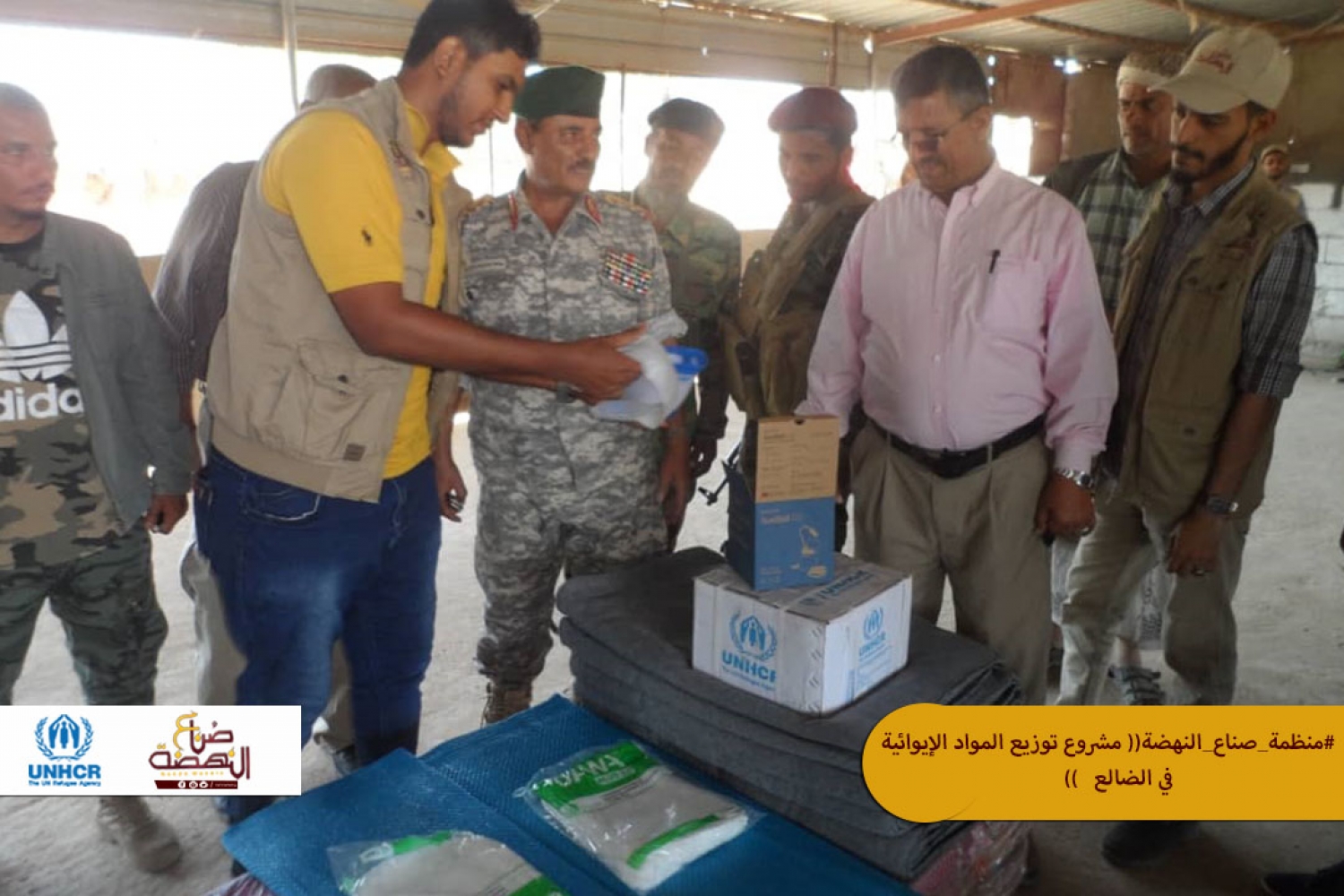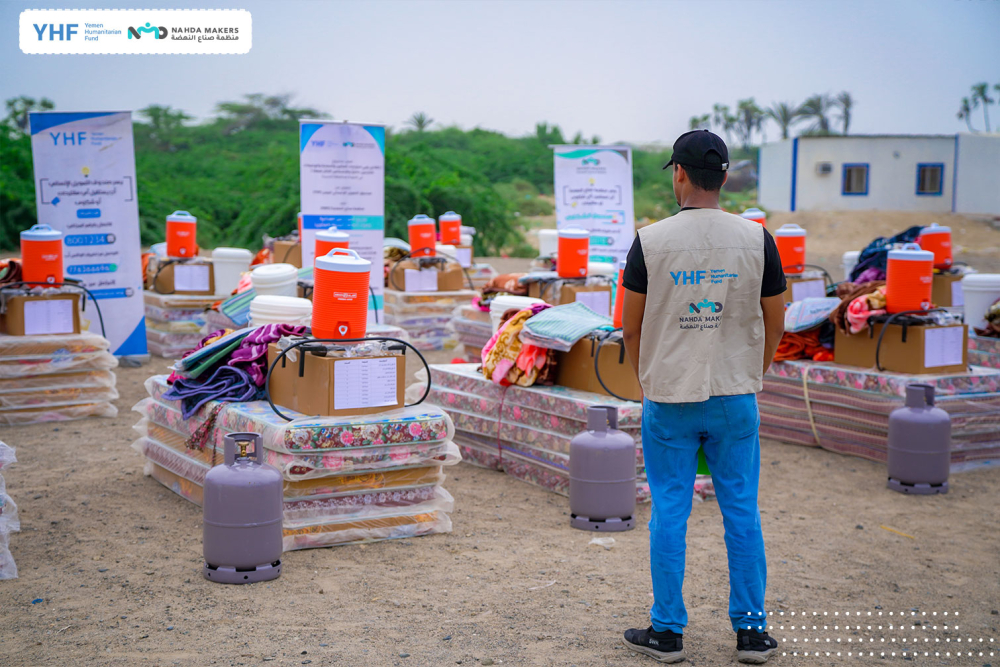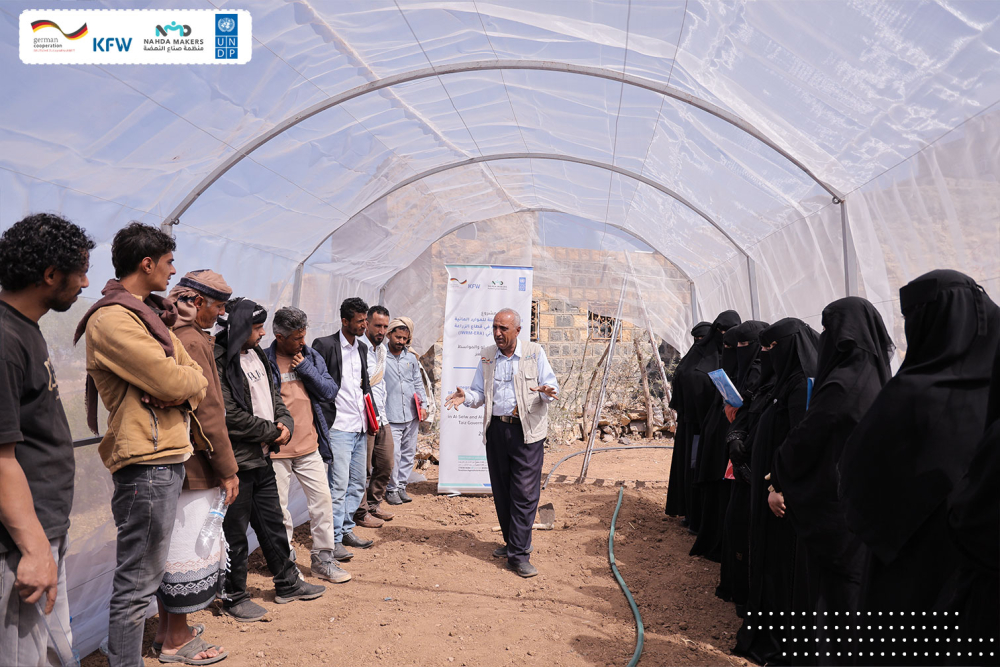Nahda Makers Implements Remedial Classes and Comprehensive Education Support for Displacement and Climate-induced Emergency Response Project
As part of Displacement and Climate-induced Emergency Response Project in Yemen, Nahda Makers (#NMO), with funding from (#ECW) and in partnership with (#NRC), has implemented a package of educational interventions in targeted schools across Taiz and Al Hudaydah governorates. The initiative aims...



